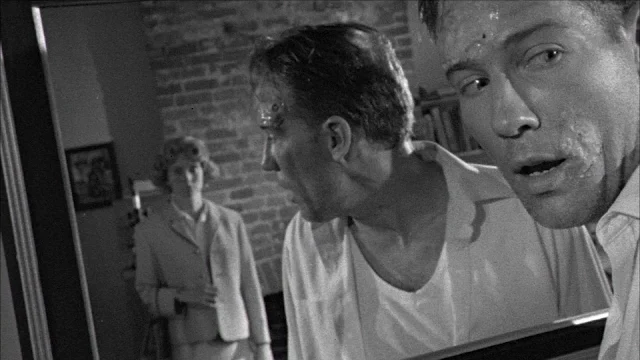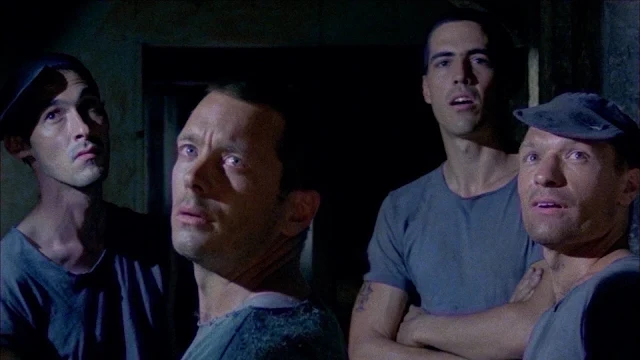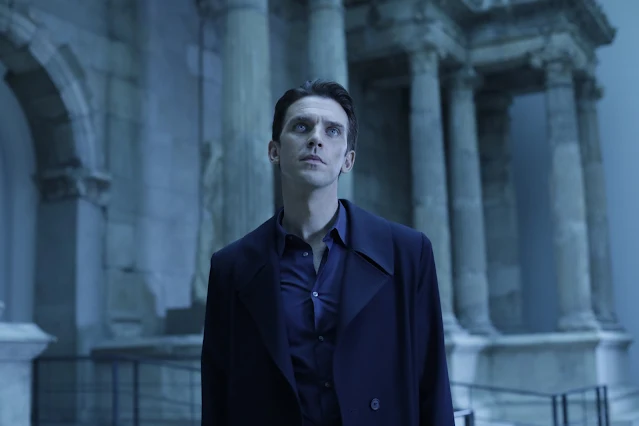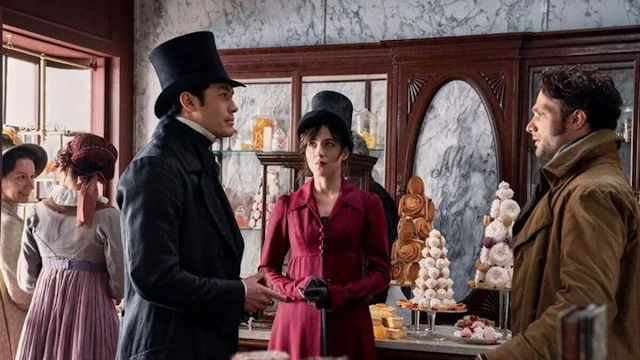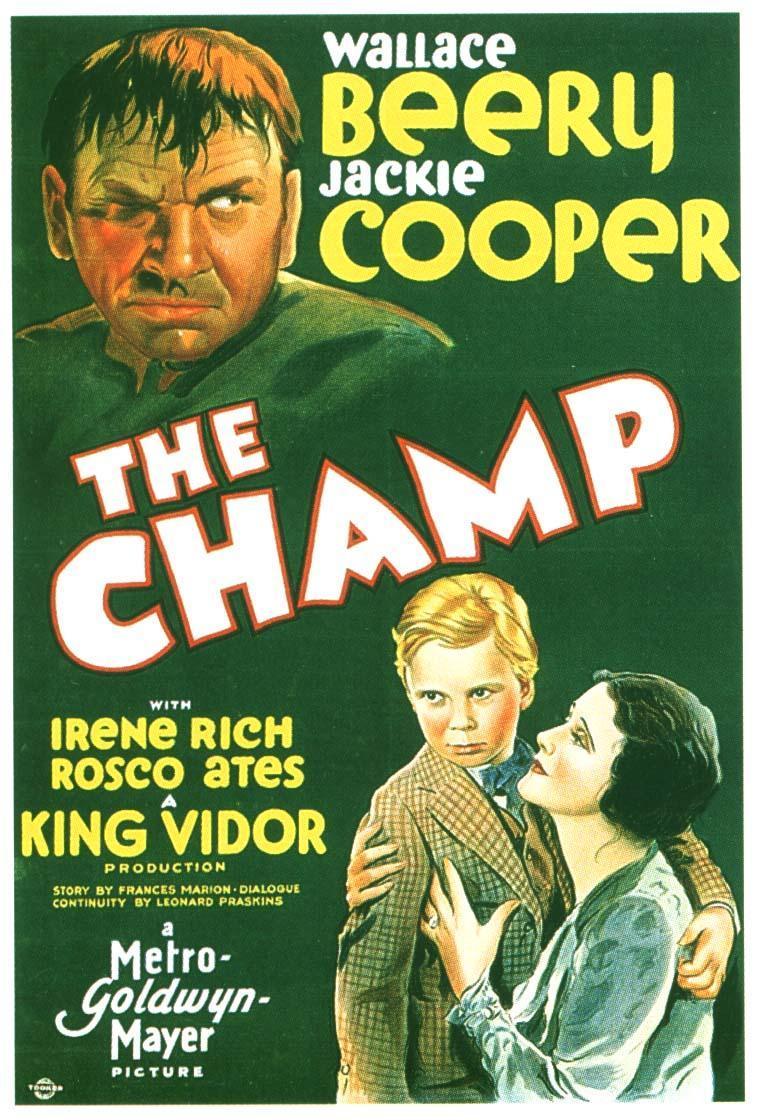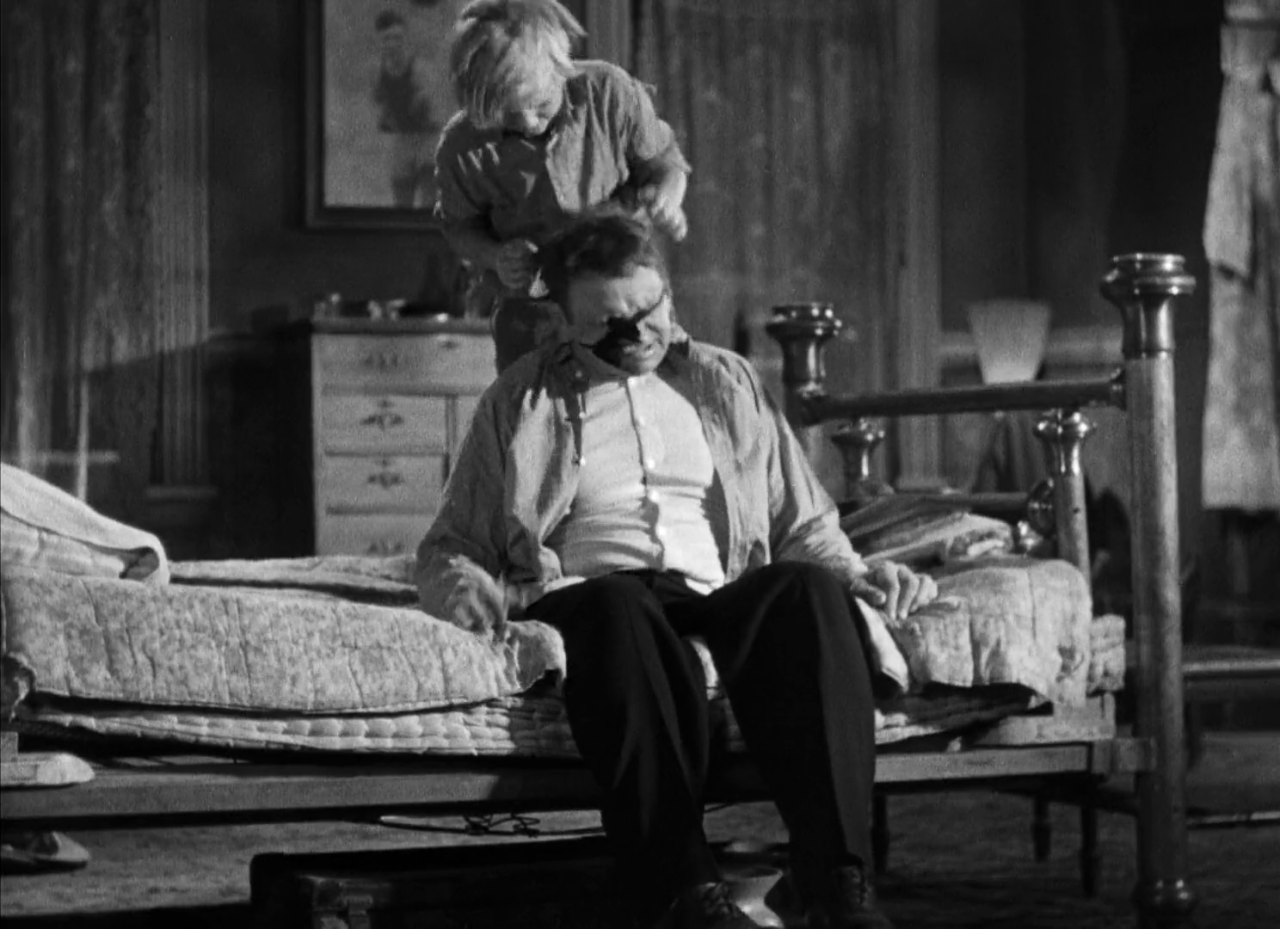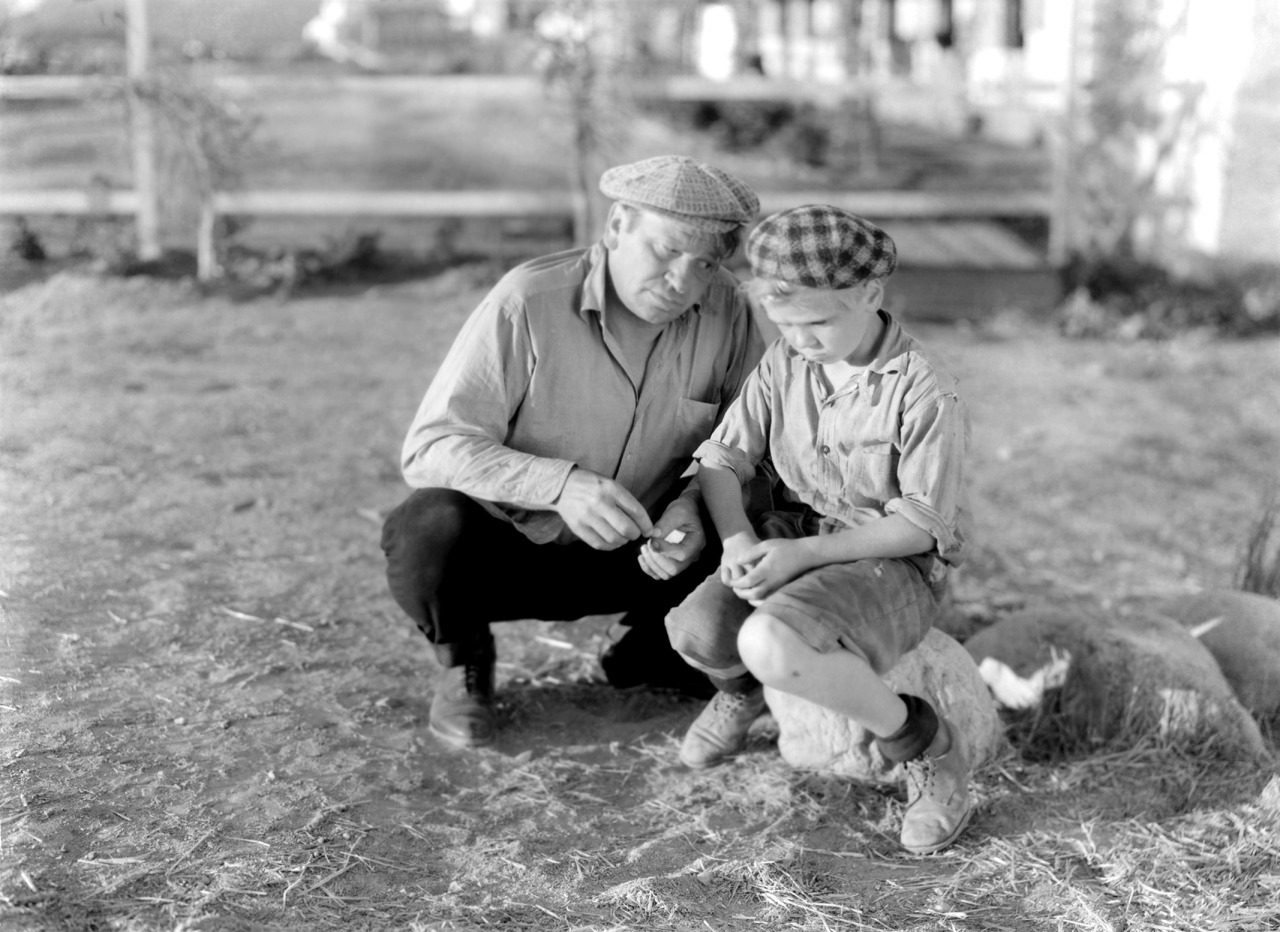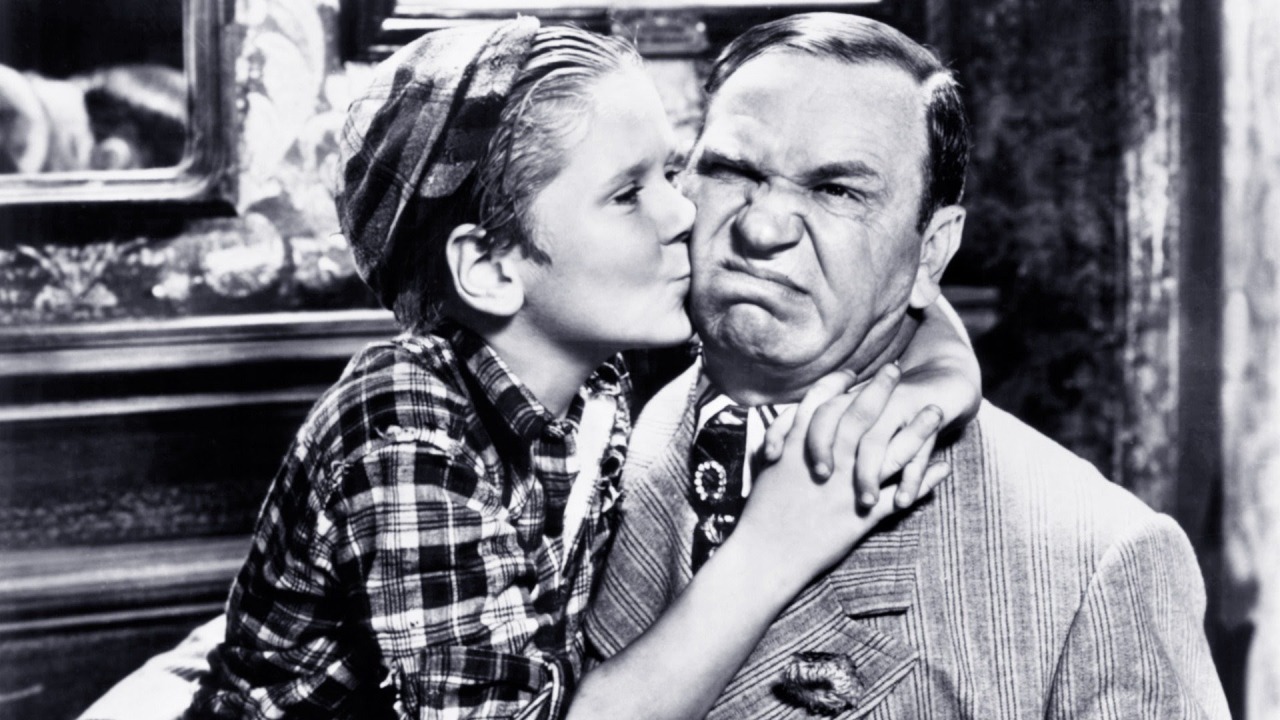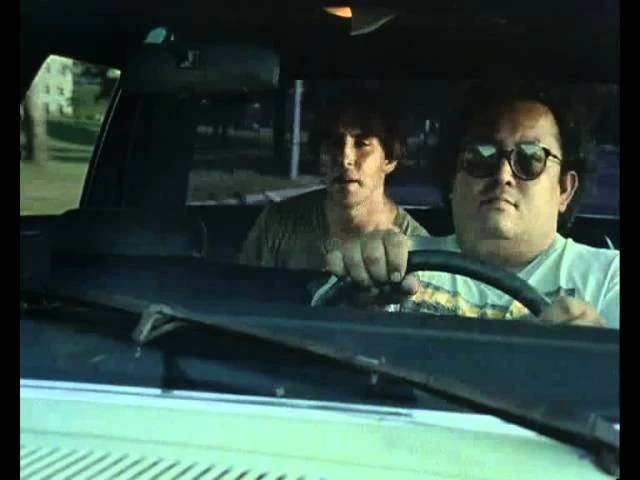Movie: Blade Runner (Ridley Scott, 1982) (TCM).
Book: D.H. Lawrence, St. Mawr.
TV: Doctor Who: Eve of the Daleks (BBC America); Only Murders in the Building: To Protect and Serve; The Boy From 6B (Hulu).
St. Mawr is a lumpy pudding of a novella, crammed with D.H. Lawrence's themes and obsessions. The title character is a handsome but temperamental stallion, threatened with being sold to a new owner, a woman who will geld him, before his current owner, also a woman, decides to take him to America, specifically to a ranch near Taos, New Mexico. It doesn't take much knowledge of Lawrence's biography to see the correspondence between the horse and the author. The latter wound up on a ranch near Taos owned by Mabel Dodge Luhan, a wealthy American woman whose experiences developing the ranch are reflected in a narrative aside near the end of the story. But the bulk of the story deals with the acquisition of the horse by Lou Witt, an American woman, and her husband, Rico, who inhabit the bright but empty society of postwar England. St. Mawr becomes a flash point in their marriage, which has grown stale and sexless. The situation gives Lawrence ample excuse to explore conflicts familiar to his readers: nature and civilization, men and women, race, class, national identity, and the like. In addition to Lou and Rico, there's Lou's middle-aged mother, who serves as a kind of cynical chorus, commenting on their marriage. There are also two grooms for the horses owned by the others: the part-Mexican, part-Navajo known as Phoenix (Lawrence's personal symbol) and the Welshman Lewis, who comes as part of the deal when St. Mawr is acquired by Lou and Rico; both provide their own commentary on the story's themes and events. Truth be told, St. Mawr is kind of a mess, but like most Lawrence stories it's larded with some extraordinary descriptions and narrative turns.
The last time I watched Blade Runner on TV, about six years ago, it was on HBO, which was still showing the version of the film with a voice-over narrative and a "happy ending" that Warner Bros. demanded after poor box office response to the initial release. TCM, I'm happy to report, is now showing the so-called "Final Edit," which was put together with the director's approval in 2007. It's a darker version, but a truer one -- even to the editing out of some brand names like Pan Am that were defunct in 2019, when the film's action takes place. (Atari still remains, but maybe it was too hard to cut.) I miss a little of the whimsy involving Sebastian's "toys" -- we seem to have lost what I remember as a teddy-bear figure that bumps into things -- but the ending has more power to haunt. It also sets up Denis Villeneuve's 2017 sequel, Blade Runner 2049, much better.
 |
| Rutger Hauer in Blade Runner (Ridley Scott, 1982) |
Last night's Doctor Who was a fairly routine episode involving a time loop in which the Doctor and her companions keep getting exterminated by Daleks but coming back to life to figure out ways to survive, which of course they do at the final second. Time loop stories are irresistible to sci-fi writers, and there are some good ones like Groundhog Day (Harold Ramis, 1993), Edge of Tomorrow (Doug Liman, 2014), and Palm Springs (Max Barbakow, 2020). But too often they fall into the trap of being the same damn thing over and over. Doctor Who avoided that one, but didn't give us anything new either.
Only Murders in the Building did something interesting in the second episode, called The Boy From 6B, last night: Because it featured a deaf character who could communicate only in ASL, there was very little audible spoken dialogue throughout the episode, even when the scenes involved our usual protagonists. The plotting remains skillful on this series.








